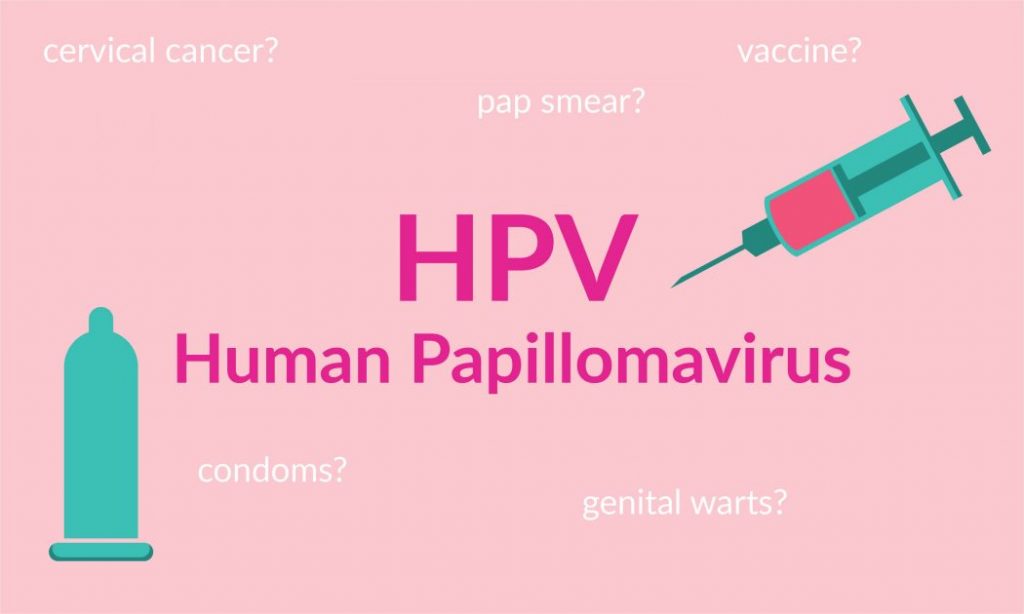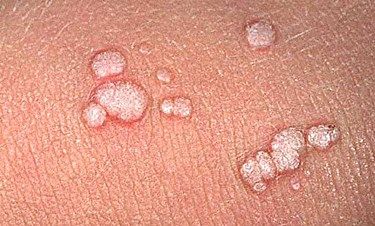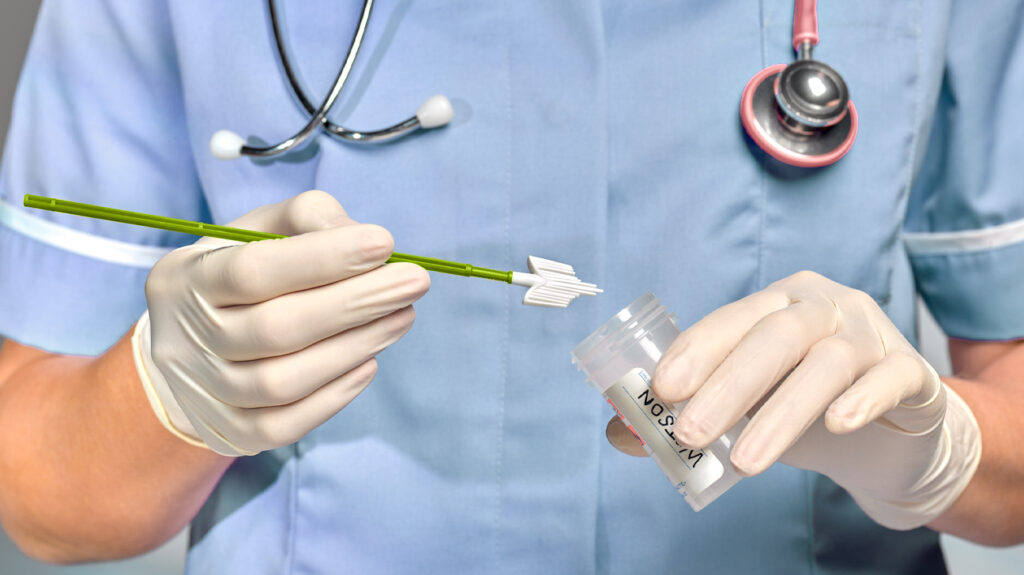Anogenital warts: What you should know
– Dr. Constantin El Habr –
Anogenital warts are caused by a virus that can be passed on by close sexual contact. It presents are small lumps that develop on the genitals and/or around the anus. They are caused by a virus called the human papillomavirus (HPV). The are different treatment modalities for anogenital warts. Options include chemicals or physical treatments such as freezing to destroy the warts. If you have anogenital warts, you will usually be advised to have tests to check for other sexually transmitted infections.

How do you get anogenital warts?
The virus is passed on by sexual contact. You need close skin to skin contact to pass on the virus. This means that you do not necessarily need to have penetrative sex to pass on infection. Sharing sex toys may also pass on infection. Very rarely, anogenital warts may be passed on from hand warts.It can take weeks or months to develop warts after being infected with HPV. Also, most people infected with HPV do not develop warts. You can be a carrier of the virus without realizing it, and you may pass on the virus to others who then develop warts. It is also possible to pass on the virus after warts have been treated or gone. Because it can take some time to develop warts after being infected with HPV, if you have just developed noticeable anogenital warts, it does not necessarily mean that either partner has been recently unfaithful. You may have had HPV for a long time without developing warts.Also, note that you may get anal warts even if you have not had anal sex.
What do anogenital warts look like?
They look like small, skin-coloured lumps on the skin. Warts that develop on skin that is dry and hairy (such as the shaft of the penis) tend to be firm. The number of warts that develop varies from person to person. Some people have just a few that are barely noticeable. Some people have many around their genitals and anus.

What are the symptoms of anogenital warts?
In most cases, the warts cause no physical discomfort. They sometimes cause irritation and soreness, especially if they occur around the anus. Sometimes anogenital warts can bleed or cause pain on intercourse. If you have warts inside your urethra or anus, this can sometimes cause bleeding when you pass urine or bleeding from the anus.They are benign. That is, they cause no serious physical illness. However, the warts look unsightly and some people become distressed by this.
Do I need any tests?
Anogenital warts can usually be diagnosed by their typical appearance when you are examined by a doctor or nurse. Your doctor or nurse will examine your external genitalia to look for warts.So, tests are not usually needed to confirm the diagnosis. If you have anogenital warts, your doctor or nurse may refer you to a sexual health specialist. If you are worried that you may have anogenital warts or another sexually transmitted infection, you may choose to visit a medical professional for a full evaluation for possible STD infections.
What are the treatment options for anogenital warts?
There are a number of different treatments that can be used. Whatever the treatment, it usually takes several weeks of treatment to clear the warts. Sometimes it can take up to six months of treatment.Treatment may be a little uncomfortable and cause some irritation of the skin around the area that is being treated.
Also, smokers tend to respond less well to treatment, so stopping smoking may be beneficial to your treatment. Sometimes, one treatment may not be successful. If this is the case, another treatment may be advised. There is also a chance that anogenital warts can return after treatment.
This is because the treatments do not clear the HPV virus itself but just treat the warty lumps. Wart treatments that are sold over the counter in pharmacies should not be used to treat anogenital warts.

What about my sexual partner?
Current sexual partner(s) should be checked for the possible presence of anogenital warts or any other STD.
Prevention of anogenital warts
Condoms may prevent HPV from being passed on to new sexual partners who are not infected.
However, they do not completely protect you from getting anogenital warts as the skin that is not covered by a condom can become infected. But condoms do help to protect against other sexually transmitted infections such as chlamydia and HIV. You should also use condoms whilst having oral sex and you should not share sex toys. It is commonly advised that you should use condoms when you have sex whilst you are being treated for warts, and for at least a further three months after they have gone.
References:
- Human Papillomavirus (HPV) Vaccines, National Cancer Institute, 2011
- Lacey CJ, Woodhall SC, Wikstrom A, et al; 2012 European guideline for the management of anogenital warts. J Eur Acad Dermatol Venereol. 2012 Mar 12.



